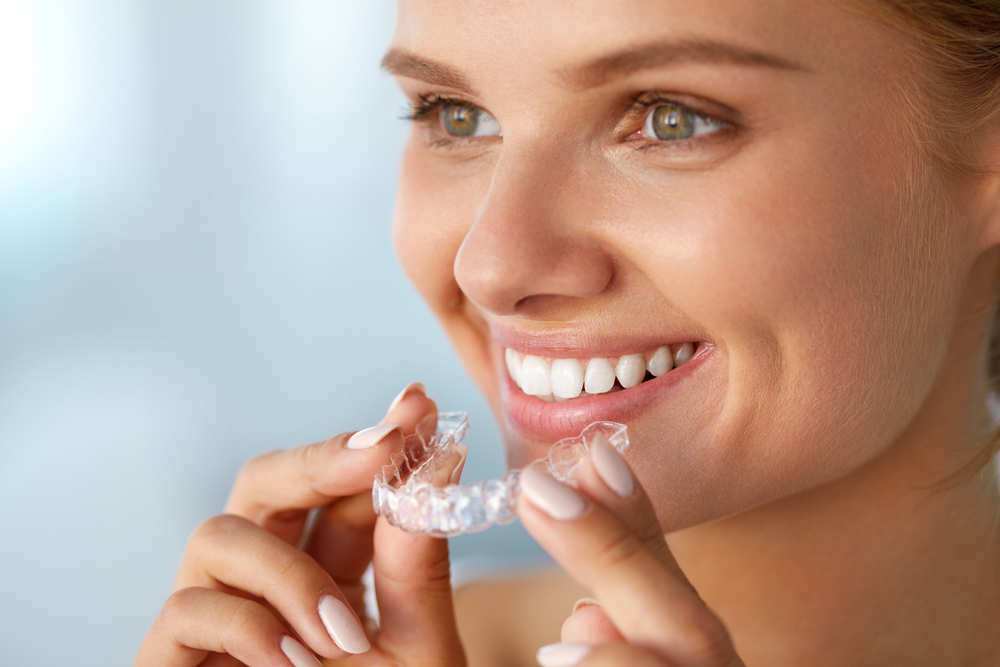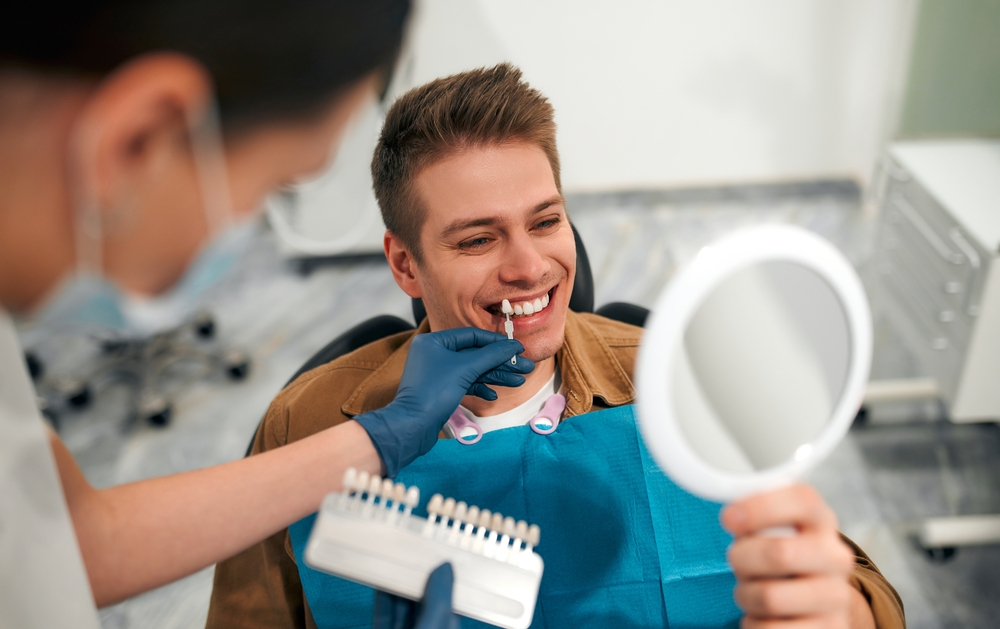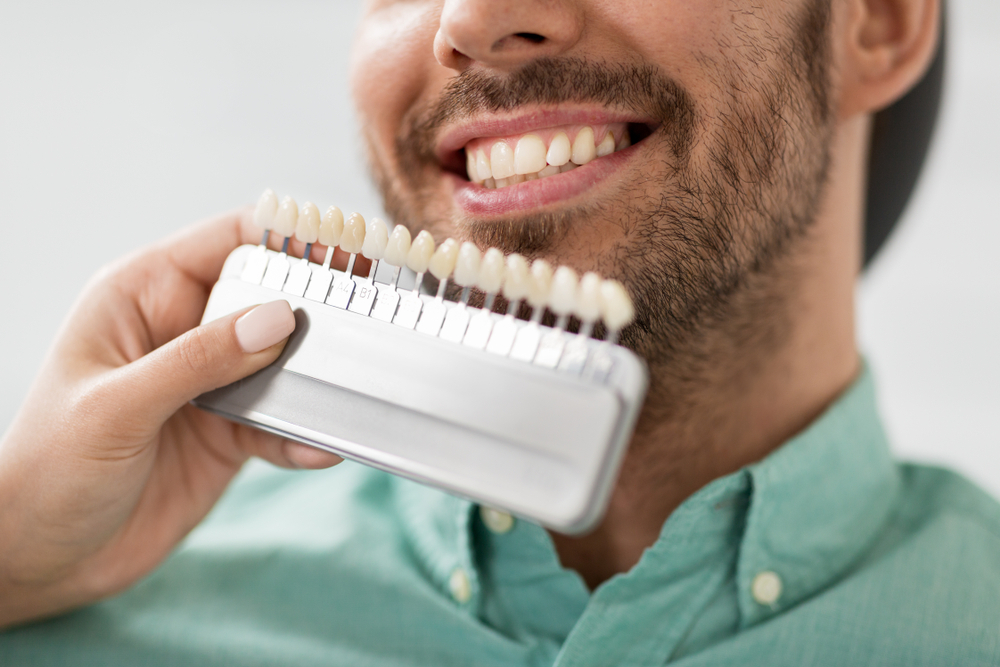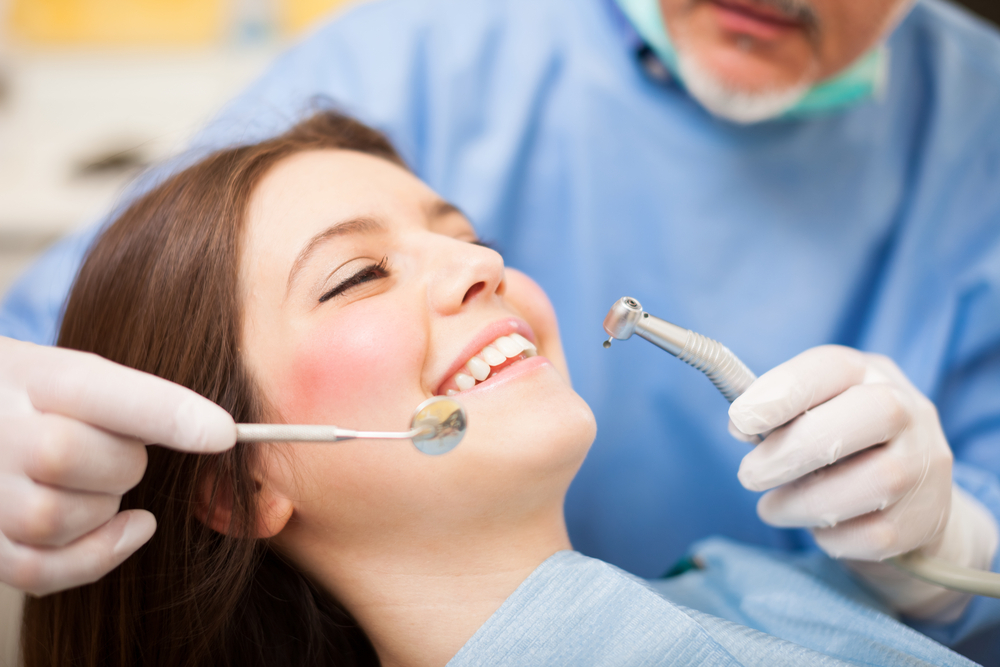Snoring is a really common condition, and there are a number of reasons why people do it. To put it simply, it happens when parts of your throat vibrate while sleeping. Your muscles may over-relax, narrowing your airways and affecting breathing. This vibration makes a sound.
In many cases, snoring is a result of sleep apnea, which is a really dangerous condition. As you might imagine, when breathing gets affected long-term, it can have an impact on your overall health.
However, lots of people snore at some point or another, even those without a condition. There are plenty of things that make it worse (or even increase the risks for people who don’t normally do it – yes, even you).
Table of Contents
Toggleweight
Being overweight or obese can be a factor, since the added fat can add to the restriction in breathing by pressing against your throat and making it narrower.
alcohol
When we drink, our muscles relax. This is true in our throats as well as elsewhere in our bodies, which leads to even more vibrations and a louder sound. Try and avoid drinking close to bedtime if you know you’re a snorer!
mouth breathing
Are you a mouth breather? Bad news – you’re probably more likely to snore. Snoring is typically caused by walls at the back of the throat vibrating, not those used when breathing through your nose.
If you have a blocked nose, you may breathe through your mouth temporarily. This obviously then increases your risk.
sleeping on your back
Positions make the difference when snoring is involved. When you sleep on your back, it makes your tongue fall back in a way that restricts airflow and increases the vibrations.
allergies
Bad news if you have hayfever or other allergies! Airflow is restricted in these cases, but taking a regular antihistamine as prescribed by your doctor could help.
smoking
Having a cheeky cigarette (or more) can really affect your breathing. Air struggles to get in and out, causing those pesky vibrations.
medications
Like alcohol, some prescription drugs may make your throat muscles relax. These can ironically include sleeping tablets – talk to your doctor about the right medications for you.
polyps & swellings
Narrowing of the airways can be caused by nasal polyps or thyroid swellings. If you have inflamed tonsils or adenoids, this can also be a problem.
pregnancy
Snoring is often more common in pregnancy, and there’s not a lot you can do! If the problem persists after you have your baby, get in touch with your dentist.
anatomy
Unfortunately, some people were simply born with smaller airways than normal or a larger tongue, which increases the likelihood and severity of snoring.
not treating sleep apnea
It sounds obvious, but if you have a condition known to make snoring worse, if you don’t treat it, the situation won’t improve.
it’s time to see a dentist
If it’s sleep apnea, or even just severe snoring, seeing smilogy will help.
We use 100% accurate scanners and SomnoMed science to create mouthguards that can restore normal breathing. They change the position of your jaw in order to open your airways up, making your life better – and healthier.
book your scan now
To get your custom-fit mouthguard made, simply visit your nearest smilogy scanning location.
Book your free scan today at one of our scanning locations!

Dr Luke Cronin
As a graduate of the University of Queensland (2000, 2013) and the University of Sydney (2006), Dr Cronin is one of Australia’s leading cosmetic dentists, specialising in creating stunning new smiles with cutting edge cosmetic dentistry techniques, including clear aligners, whitening and porcelain veneers.
Dr Cronin's work has been showcased in Vogue, Harpers Bazaar and Elle magazine and in 2019 he was awarded Australasian Dentist of the Year by My Face My Body in 2019.
Acknowledged an expert in his field for segments on the Today Show and House of Wellness, Dr Cronin now offers his first-class cosmetic treatments and customer care at smilogy.








